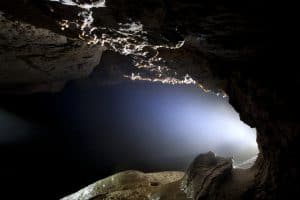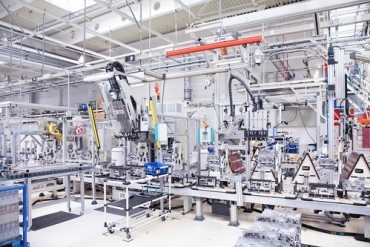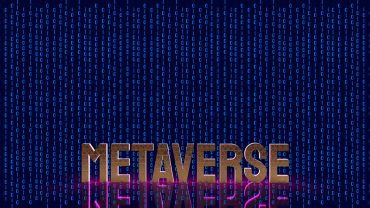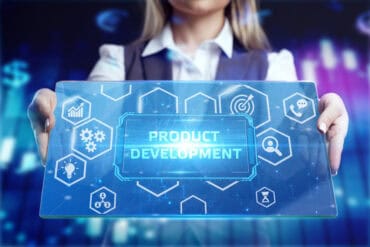
Researchers trained an autonomous quadrotor to fly through previously unseen environments relying on the onboard camera and a new algorithm—the simulated expert.
Drones remain a significant component in the pursuit of greater human safety. They can fly into areas unfit for human intervention and provide surveillance for regions beyond our sight. A research team at the University of Zurich could make this surveillance easier with a new approach to training drones flying through complex environments.
Exploring complex environments with speed
Drones are perfect for exploring cave systems, monitoring forest fire conditions, or handling building inspections, but doing so quickly remains beyond the reach of AI. The Zurich team trained an autonomous quadrotor to fly through previously unseen environments relying on the onboard camera and a new algorithm—the simulated expert.
The expert flew a computer-generated drone through a simulated environment. The data from these training sessions was transferred to the neural network driving the real-life drone. It could learn how to calculate the best trajectory using split-second information gathered from the environment and the drone itself.
Previous efforts used sensor data to create a map of the area first before plotting a trajectory. The new model from the Zurich team showcased the drone’s ability to rely solely on sensor data to plot a course without drawing the initial map.
Trained drones in simulation, tested in the real world
Once researchers completed training, the real drones navigated real environments without prior knowledge of the area. They were able to fly without collision up to 40 km per hour and learned much faster than human fliers were able to.
The team hopes their experiments have applications beyond drones. This training could help usher in autonomous vehicles or build new methods for training artificial intelligence to do a variety of tasks without real-world input.
Researchers plan to build on these algorithms for faster training, make sure the drone can improve through real experience, and provide even more information about the environment at a faster pace.






























